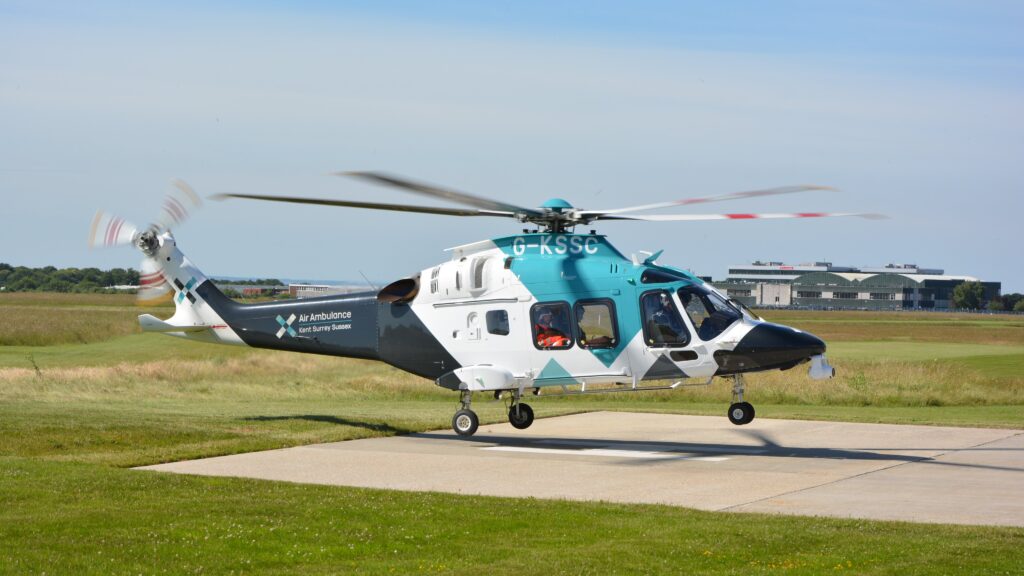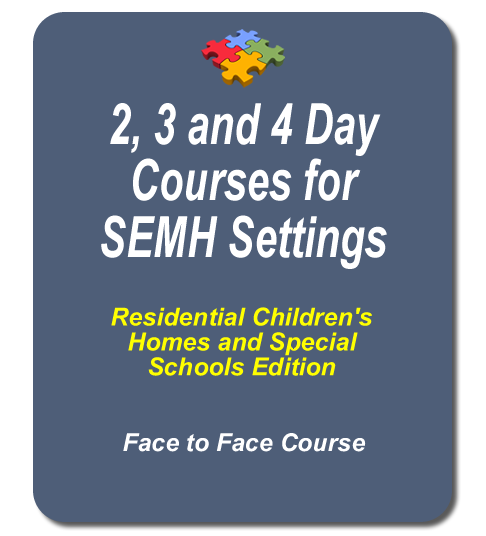- Q: How many delegates can attend?
A: 12 people with 1 Trainer, up to 18 people with 2 Trainers. These ratios are in line with the RRN Training Standards.
- Q: Where are the courses run?
A: Venue supplied by yourselves – we come to you! We will supply you with a detailed venue specification to make a venue easier to source.




